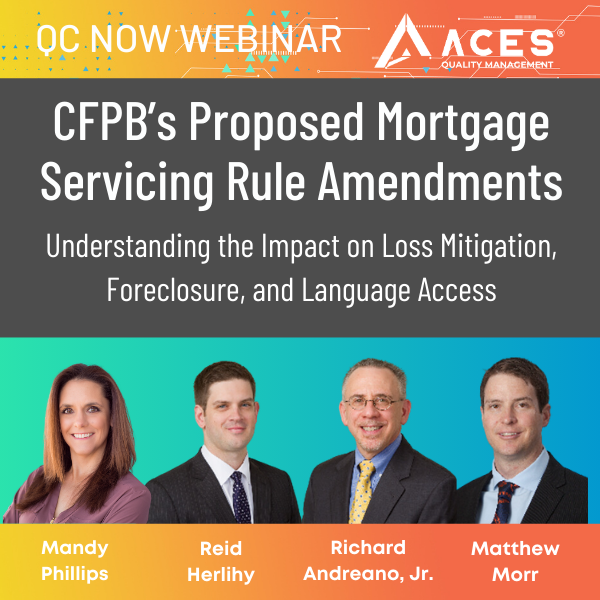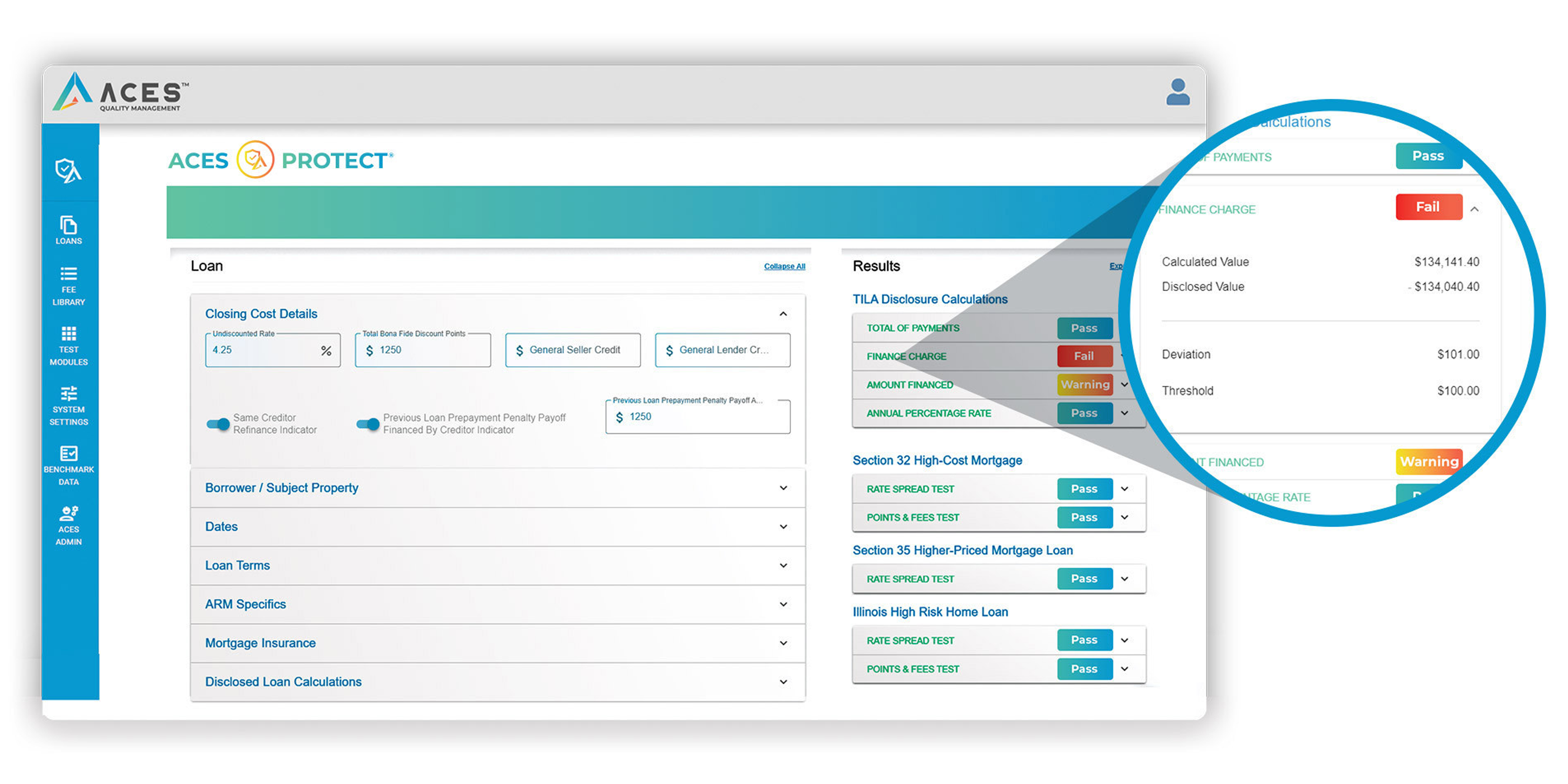Bankers Advisory, Compliance Monitor--Rhona Kyeyune
The Virginia Corporation Commission adopted provisions regarding mortgage lenders, mortgage brokers and mortgage loan requirements. These amendments took effect on May 15, 2017.
Mortgage Lenders and Mortgage Brokers
The amendment defines, among other term “bonafide employee” “lead generator”, and “mortgage broker”
“Bona fide employee” means an individual (i) whose manner and means of performance of work are subject to the right of control of, or are controlled by, a person and (ii) whose compensation for federal income tax purposes is reported, or required to be reported, on a W-2 form issued by the controlling person. The term does not include an individual who is concurrently employed by two or more persons that are engaged in business as a mortgage lender or mortgage broker.
“Lead generator” means a person who engages in a form of marketing activity in which the person collects and transmits a prospective borrower’s contact information and minimal information pertaining to potential mortgage loans. A person shall not be considered a lead generator if the person collects a prospective borrower’s social security number or sufficient personal information to enable a mortgage lender or mortgage broker to evaluate, in whole or in part, the prospective borrower’s creditworthiness.
“Mortgage lender,” “mortgage broker,” “mortgage loan” and “person” shall have the meanings ascribed to them in § 6.2-1600 of the Code of Virginia. For purposes of Chapter 16 and this chapter, the term “mortgage broker” does not include the following persons, provided that they are not also engaged in any activities for which a mortgage broker license is required: (i) a person engaged in the business of a loan processor or underwriter, (ii) a lead generator, and (iii) a noteholder, or servicer acting on behalf of a noteholder, that negotiates the modification of a mortgage loan in its portfolio. The payee named in a mortgage loan note shall be deemed to be the mortgage lender for purposes of Chapter 16 and this chapter.
Mortgage lenders and brokers are required to maintain a transaction journal that includes the applicant’s name, application date, property address, loan amount, lien position, mortgage loan originator licensed name and registry number, address of originating office, name of lender, application status and any other information reasonably required by the commissioner for each application received.
The amendment requires mortgage lenders and mortgage brokers to file quarterly mortgage call reports through the Nationwide Mortgage Licensing System and Registry (“Registry”) instead of an annual report.
Furthermore, mortgage lenders and mortgage brokers are mandated to renew their licenses and approved office locations at the end of each calendar year. A mortgage lender or mortgage broker license and an approved office location shall be renewed upon the commission finding that the licensee has (i) requested renewal for the location through the Registry and (ii) complied with any requirements associated with such renewal request that are imposed by the Registry.
The update also clarifies that mortgage lenders and mortgage brokers will receive from the Bureau of Financial Institutions a single license instead of a license for each approved location.
Mortgage Loan Originators
The amendment replaces the annual report and report of condition filing requirements for mortgage loan originators with a requirement that quarterly mortgage call reports be filed through the Registry.




